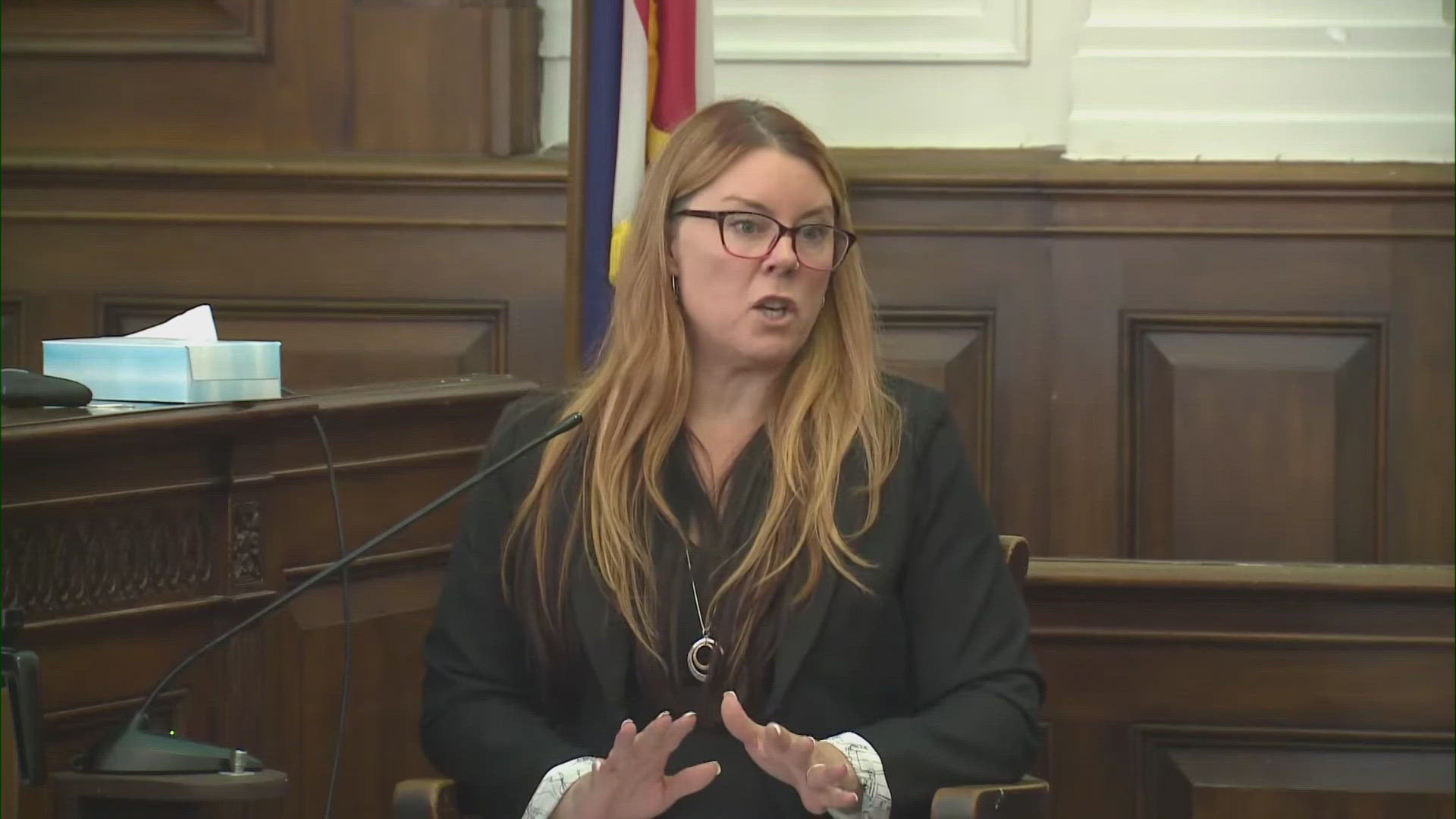ST. LOUIS — The first day of the defense’s case for an accused cop killer ended Thursday with a cliffhanger for jurors.
Thomas Kinworthy falls into a minority of defendants who a renowned forensic psychiatrist has ever diagnosed with schizoaffective disorder, bipolar type, which qualifies as a criminal defense – but jurors will have to wait until Friday to find out why.
He is the man on trial this week for the first-degree murder of St. Louis Police Officer Tamarris Bohannon, who was gunned down after responding to a call for shots fired in the Tower Grove South neighborhood in August of 2020.
He’s also facing multiple charges related to shooting a homeless man that same day before forcing a couple at gunpoint out of their home, where he barricaded himself and opened fire on responding officers. Another officer was also shot in the leg.
Kinworthy has pleaded not guilty by reason of mental defect – so Dr. Patricia Zapf is one of two of his defense’s key witnesses.
She was the first witness for the defense to take the stand after the state rested its case Thursday.
One of the officers who testified for the state Thursday said Kinworthy asked him to see news coverage of what he had done while at the hospital following a 12-hour standoff.
Defense attorneys argued Kinworthy only asked to see the coverage after saying he didn’t remember what he did.
Kinworthy’s attorneys went on to spend about 45 minutes establishing why Zapf is a forensic psychiatric expert before court adjourned for the day – leaving jurors with a bit of a cliffhanger.
Jurors will have to wait until Friday to hear what went into Zapf’s decision making process -- what his medical, correctional and criminal records revealed as well as what his ex-wife, father and step-mother had to say about him.
She told jurors she’s reviewed about 250 cases, and only found about 20% of them meet the standards for a not guilty by reason of insanity, or NGRI, defense.
“It's by far more common to find somebody not meeting the standard than meeting it,” she said. “It's a high bar to meet so it's not typical.”
Zapf said she spent eight hours with Kinworthy during her assessment of his mental health. The disorder she said he suffers from includes hallucinations, mood swings and manic episodes.
She said it is estimated that about one out of every 300 people have the disorder.
In opening statements Monday, Kinworthy’s public defenders told jurors they would hear from another forensic expert that agreed with Zapf’s opinion.
Prosecutors plan to present an expert who disagreed with both of those opinions. Just before court adjourned for the day, Zapf said she reviewed the state’s expert opinion and compared it to her own.
Jurors will have to wait until tomorrow to find out what she thought of that assessment.

